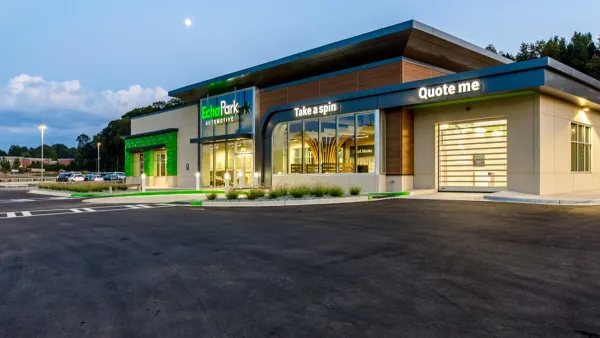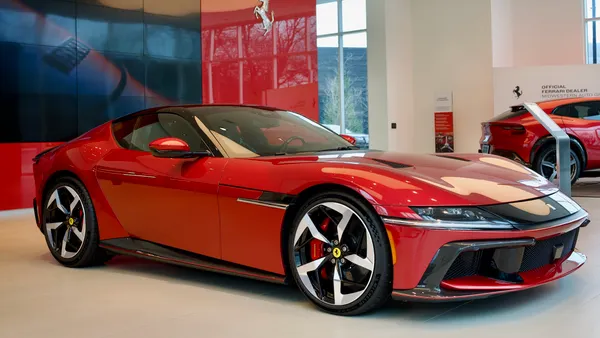Editor's note: This story is part of the WardsAuto digital archive, which may include content that was first published in print, or in different web layouts.
Amid the deteriorating business environment in Russia and the prospects of the imposition of new sanctions, the country’s Parliament is considering providing tax breaks and other incentives to global automakers operating their plants in the country.
This would be a reversal of the position taken by the government in late March, when it refused to provide additional support not only to the global automakers but also to domestic producers.
According to Andrew Sokolov of the Russian Ministry of Economic Development, amendments to existing federal law would provide tax relief and other benefits to foreign automakers seeking designation of a special economic zone for their production facilities.
An automaker seeking that status would submit an application to the government in the region where its production facilities are located. If approved, the application then would be considered by the Ministry of Economic Development.
Businesses within approved special economic zones would receive benefits including a reduction of the income tax to 13.5% from 24%, a waiver of taxes on property and land, and a 5-year exemption from vehicle taxes. The amendments under consideration also would drop restrictions on the number of production sites within the zone while allowing production of goods developed outside the zone.
Foreign automakers operating in Russia support the proposed amendments as their requests for additional state support were rejected in March. They note that starting July 1, 2018, tariffs on auto parts imported into Russia will be eliminated under terms of the country’s entry into the World Trade Organization.
According to a Ford Russia spokesman, current duties on cars imported into Russia are lower than those on imported auto parts. Analysts with the Russian Association of Auto Producers agree, saying the greater profitability of car imports makes further localization of production within the country senseless.
Sokolov says the new state incentives should benefit foreign automakers with existing assembly operations in the St. Petersburg region. Those companies include the Russian subsidiaries of Ford, General Motors, Hyundai, MAN, Nissan, Scania and Toyota, as well as 22 large suppliers.
The government also is working with investors to establish auto-parts production facilities in the Pskov region located about 125 miles (200 km) southwest of St. Petersburg. Those companies would supply Russian automakers.









